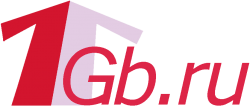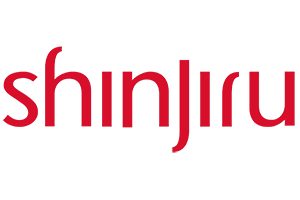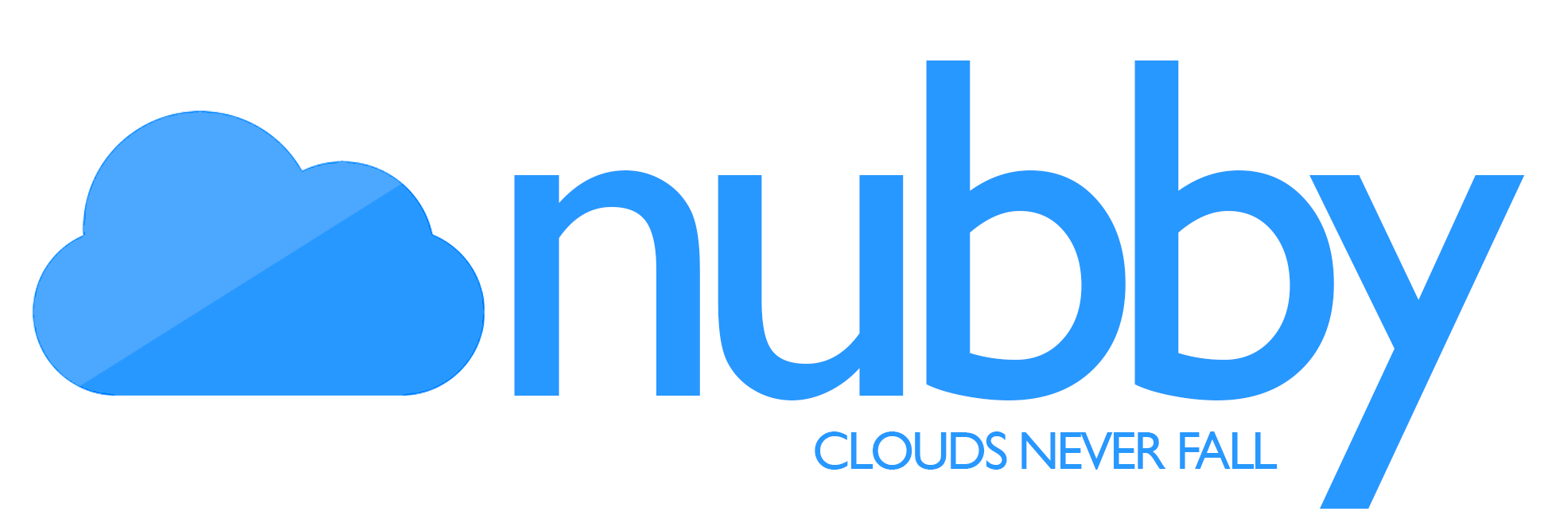How to choosw the besr Suitable Content Management System (CMS)
Selecting the right Content Management System (CMS) is a critical decision for any website owner. For experienced users like web developers, hosting providers, webmasters, and system administrators, the criteria for evaluation go beyond basic features. This guide delves deeper into the intricacies of CMS selection, focusing on aspects relevant to seasoned professionals.
Understanding Your Needs and Priorities
Before diving into the vast world of CMS options, clearly define your website's purpose, target audience, and long-term goals. Consider the following:
- Scalability: Can the CMS handle your website's growth in terms of traffic, content volume, and functionality?
- Security: Does the CMS have a robust security track record and offer features like two-factor authentication and regular security updates?
- Performance and SEO: Is the CMS optimized for speed and search engine visibility? Can you control caching mechanisms, optimize images, and manage URL structures effectively?
- Customization and Extensibility: To what extent can you customize the CMS using themes, plugins, and potentially custom code? Does it support your preferred development frameworks and libraries?
- Server-Side Access and Control: For advanced users, SSH access to the web server is crucial. This allows for direct server management, custom configurations, and potential performance optimizations. Ensure your chosen CMS and hosting environment support this level of access.
Popular CMS Options for Experienced Users
While numerous CMS platforms exist, some cater particularly well to the needs of experienced users:
- WordPress: Renowned for its flexibility and vast plugin ecosystem, WordPress offers immense customization potential. Familiarity with PHP and database management is beneficial. SSH access for server-level modifications further enhances its appeal for advanced users.
- Drupal: Favored for its robust security and scalability, Drupal is an excellent choice for complex, high-traffic websites. Its steeper learning curve and requirement for deeper technical expertise make it more suitable for experienced developers.
- Joomla!: Striking a balance between user-friendliness and developer flexibility, Joomla! is suitable for e-commerce platforms, social networking sites, and content-heavy websites. It offers strong security features and a moderate learning curve.
Technical Considerations for Advanced Users
- Database Management: Understanding database structures and SQL queries is essential for managing content, troubleshooting issues, and optimizing performance.
- Version Control: Utilize Git or similar version control systems to track changes to your website's codebase, collaborate with other developers, and revert to previous versions when needed.
- Caching and Performance Optimization: Implement server-side caching mechanisms, content delivery networks (CDNs), and image optimization techniques to enhance website speed and user experience.
- Security Hardening: Go beyond basic security measures. Implement strong password policies, utilize web application firewalls (WAFs), and regularly scan for vulnerabilities to safeguard your website and user data.
















